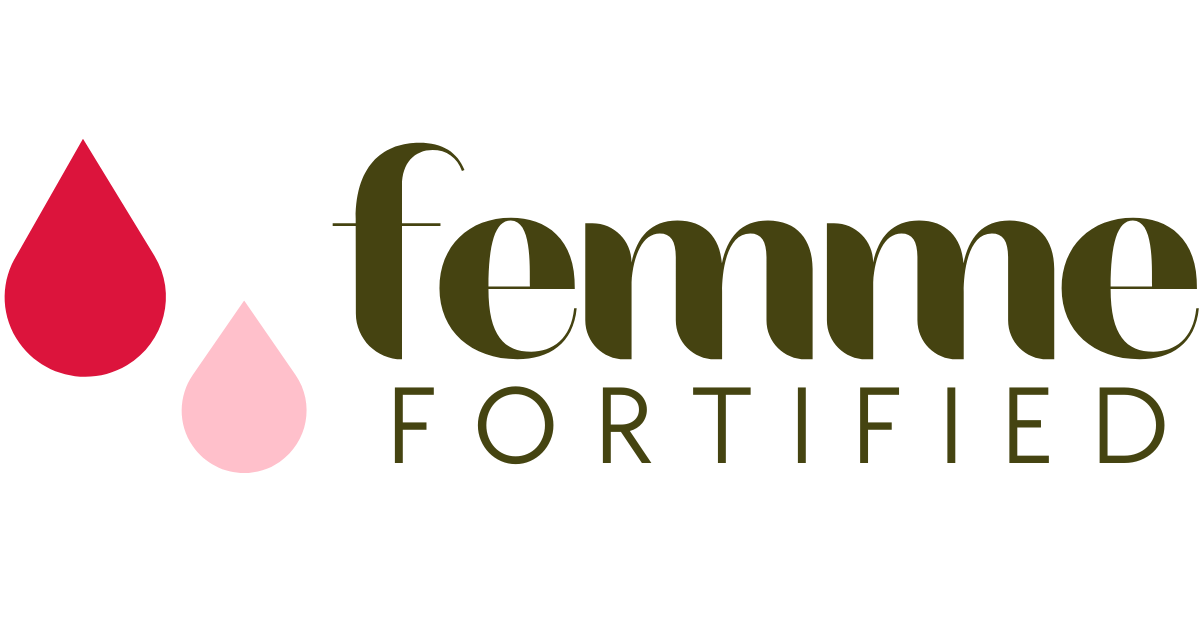👋🏼 Welcome to Femme Fortified, where busy, ambitious women get science-backed insights to feel better, work better, and cut through the wellness noise.
Real health insights. Zero jargon. Just smart, actionable tips so you can feel your best and get back to being unstoppable.
Not a subscriber yet? Sign up here. 💌

Hormones reshape creatine. From menstrual cycles to menopause, shifting estrogen and progesterone change how your body makes, stores, and uses it.
Energy demands spike in pregnancy and postpartum. Creatine can help buffer those shifts, supporting both mother and baby when reserves are stretched.
Menopause lowers creatine stores. Pairing creatine with strength training may help protect muscle, bone, and even mental sharpness.
Having gone through most of the hormonal stages of a woman’s life at this point (with menopause still on the horizon), I’m constantly struck by how powerful hormones are and how relentlessly dynamic our lives are compared to men’s.
Every time I feel like I’ve found my footing, it seems like another wave hits: puberty, menstrual cycles, pregnancy, postpartum… and the next one waiting down the line. We’re constantly shifting.
With each new phase, it’s like our bodies decide to rearrange the whole house. The rules for how we metabolize, recover, and think all change.
I’m continuing my little study of creatine this week. And, you guessed it: hormones shape how we process it too. That backup battery that keeps our muscles and brains running when demand spikes doesn’t play by the same rules at every stage.

🌀 Hormones x Creatine
Creatine’s main job is to recharge energy quickly when your body runs low. Hormones can shift how well that system works, changing its impact at different life stages.
🩸 Menstrual Cycles
Hormones rise and fall throughout the month, and that changes how your body uses creatine.
During your period and the days after: Estrogen starts climbing. This rise may help your muscles store and use creatine more effectively, which can mean better energy and recovery.
Midway through your cycle: When estrogen is at its highest, creatine activity in the body is also at its peak. This is often when workouts feel a little easier or stronger.
In the days before your next period: Progesterone is higher. This can cause bloating or water shifts, which may affect how creatine is used in your body. Studies also show creatine-related enzymes spike during your period itself, suggesting your body is working harder to keep up with energy needs.
Creatine activity isn’t steady all month. You may notice more energy and quicker recovery in the weeks after your period, and slower recovery as your next period approaches.
🤰🏻 Pregnancy
Pregnancy is one of the biggest energy challenges your body will ever face. And creatine is part of how you meet it.
Early on, your baby relies on your creatine supply until they can make their own later in pregnancy. The placenta even acts like a middleman, helping shuttle creatine to the fetus.
Animal studies show that when mothers had more creatine available, babies were better protected during stressful events like low oxygen at birth.
While human studies are still limited, it suggests that keeping your creatine system strong in pregnancy could help both mother and baby manage big energy demands.
📩 Enjoying this issue?
Forward it to a friend who should know this, or share it on social media!
👩🏻🍼 Postpartum
After birth, estrogen and progesterone drop suddenly, and your body’s ability to make creatine may dip too. Add in sleepless nights, breastfeeding, and the sheer energy drain of caring for a newborn, and the demand on your energy reserves skyrockets.
Some studies link lower brain creatine with higher risk of postpartum depression, and there’s early evidence that raising creatine might help mood and mental sharpness.
Research is still in its early days, but it makes sense why so many new moms feel like they’re running on empty—their backup battery is under strain.
🌙 Menopause
Menopause brings a sharp fall in estrogen, lowering creatine synthesis and transport. Your muscles also hold less creatine, and that can make it harder to maintain strength, bone density, and even mental energy.
Research shows that women who take creatine alongside strength training see greater gains in muscle and sometimes improvements in memory and reasoning, especially when tired or stressed.
For bones, the evidence is mixed, but pairing creatine with weight-bearing exercise seems to have the most promise.
For postmenopausal women, creatine appears to work best as a multiplier, enhancing the benefits of resistance training and possibly buffering cognitive strain.
📣 I’d love your input! Your feedback helps shape future issues!
Take a few minutes to share your thoughts: ✨ Femme Fortified Survey ✨

Your body’s energy story changes with hormones. These simple checks make those changes visible, sometimes within minutes.
🩸 Cycle Recovery Test
Right after your period ends, do 10 squats as fast as you can. Do the same test the week before your next period. Time both. See if recovery feels slower or faster depending on the phase.🥤 Luteal Hydration Reset
In the week before your period, drink a large glass of water with a pinch of salt or electrolyte powder mid-afternoon. Notice if bloating feels lighter or energy dips are smaller within the hour.🍼 15-Minute Recovery Pocket
New moms: carve out one 15-minute slot in your day for nothing but physical or mental recharge (stretch, nap, journal). Think of it as giving your “backup battery” a chance to reset.💪 Lift & Load
If you’re peri- or post-menopausal, add one new loaded move (like carrying groceries farther or doing squats while holding something).

💬 What’s your ‘tell’ that hormones are running the show? Brain fog, cravings, strength dips, or something else?
